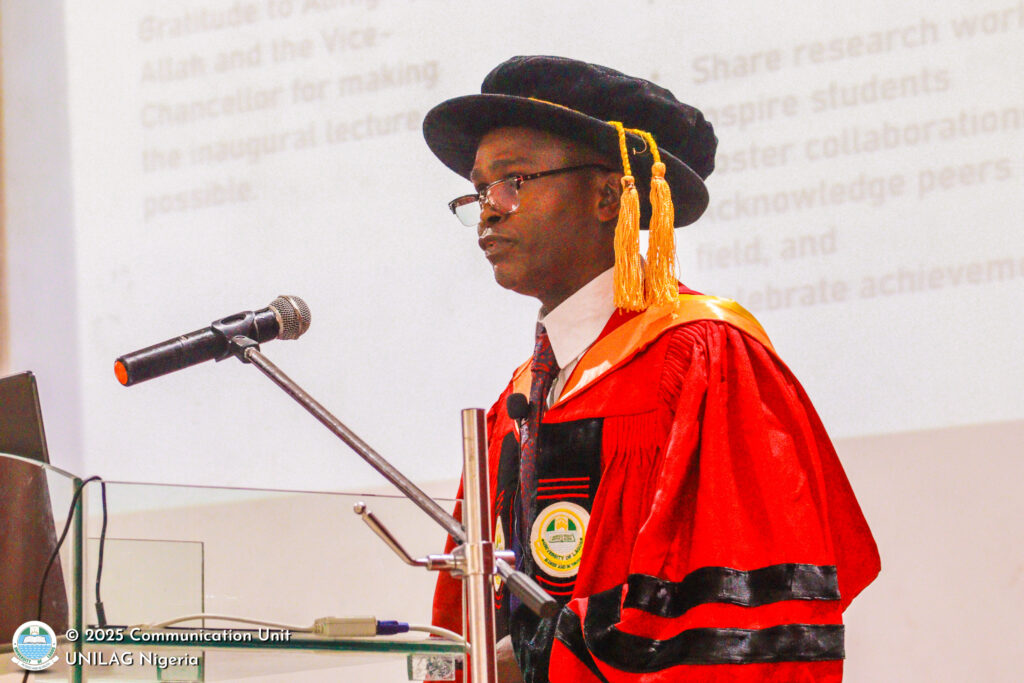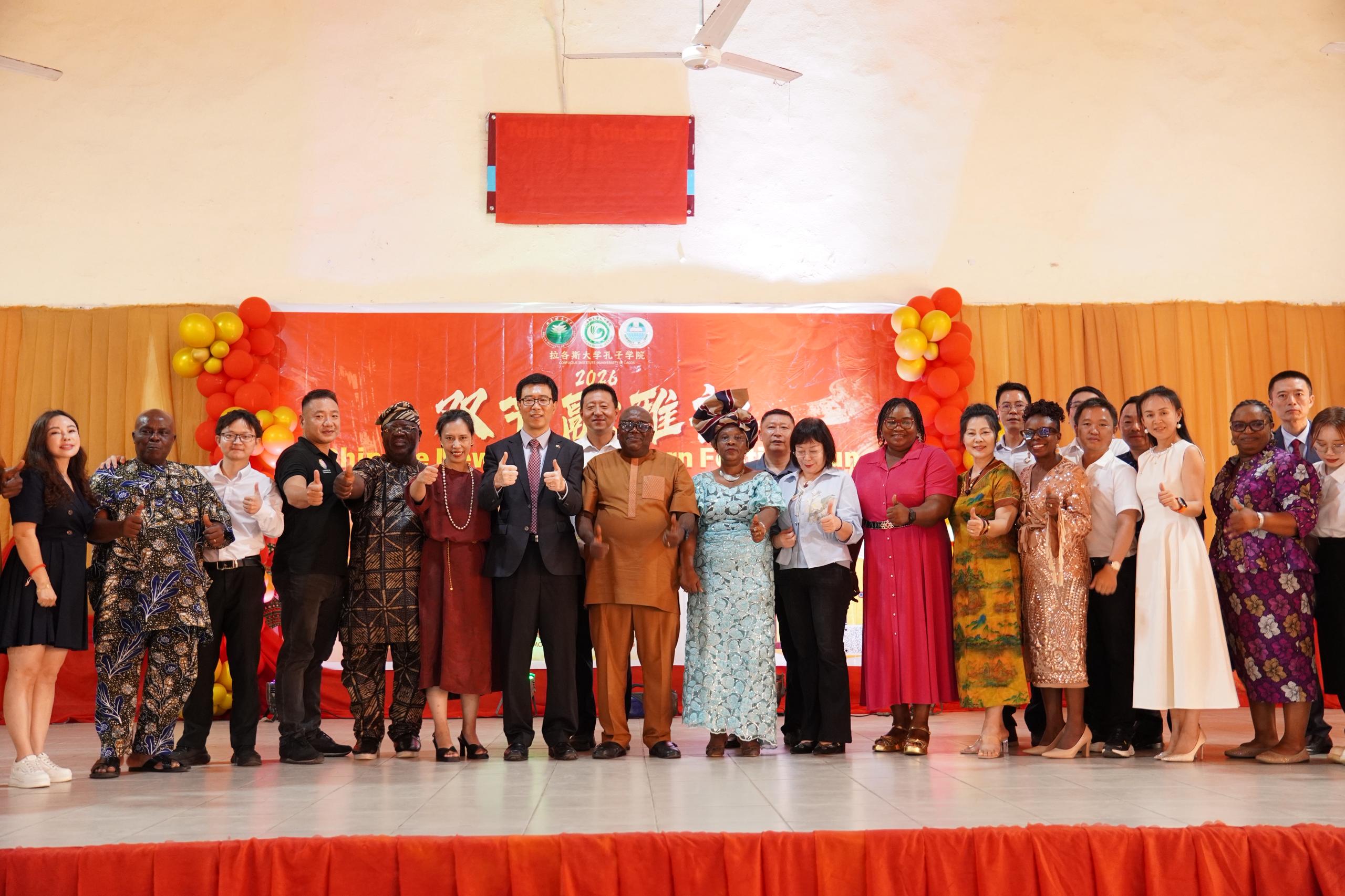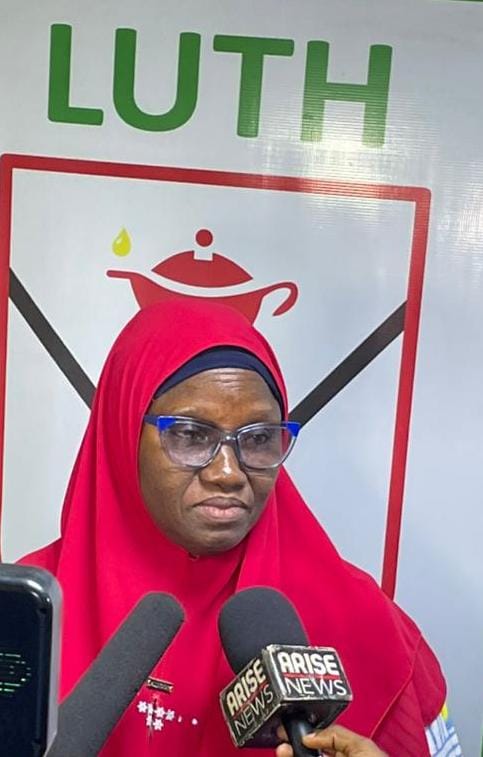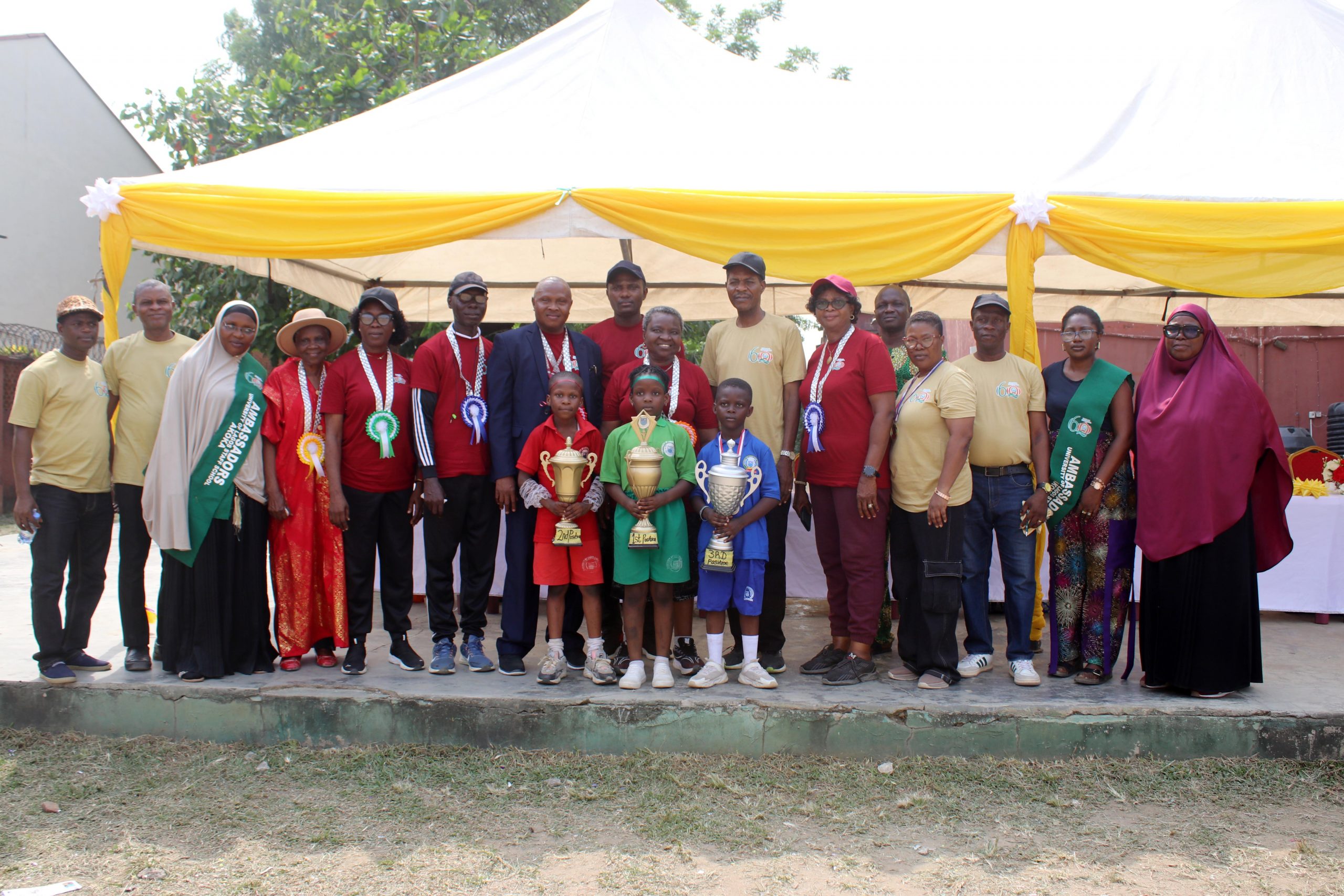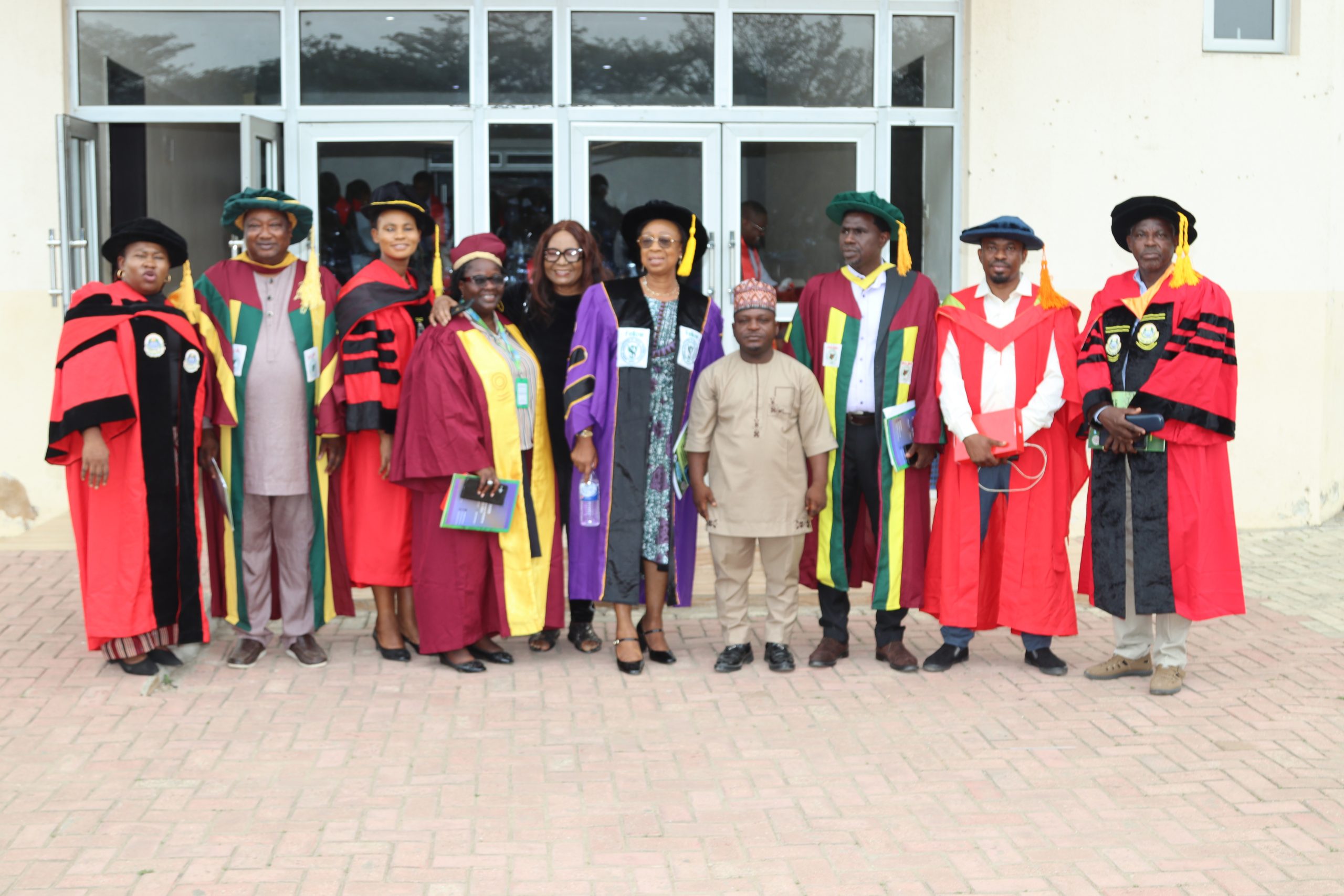The 23rd Inaugural Lecturer for the 2024/2025 academic session of the University of Lagos (UNILAG), Professor Wahab Oluwanisola Okunowo has shared a ground-breaking biocontrol method for managing water hyacinth outbreaks.
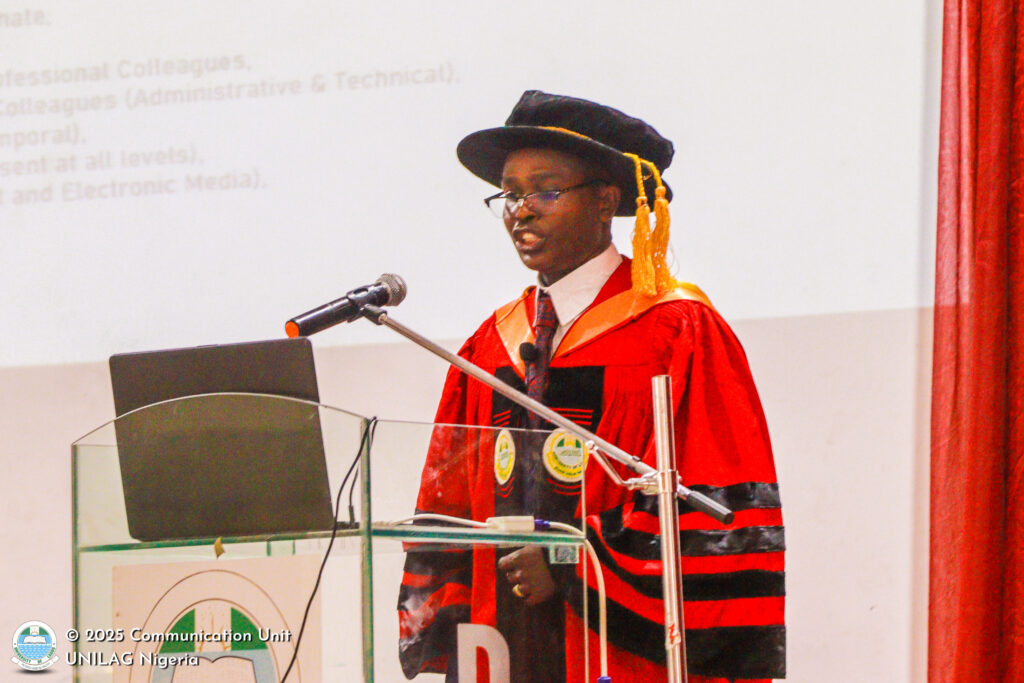
According to him, Myrothecium roridum, a highly virulent indigenous fungus, can be applied as herbicide for controlling the beautiful yet invasive water hyacinth within twenty-one (21) days.
The Professor of Applied Biochemistry pointed out this eco-friendly solution, while delivering the final Inaugural Lecture for the session on Wednesday, September 17, 2025. The lecture titled: From Cellular Metabolism to Biotechnological Applications: The Biochemist’s Journey, was held at the Nurudeen Alao Auditorium, DLI, UNILAG.
It was chaired by the Deputy Vice-Chancellor (Academics & Research) Professor Bola Oboh, and well attended by the University Management team, other members of the university community as well as the inaugural lecturer’s family, friends, colleagues, students, mentors, and mentees.
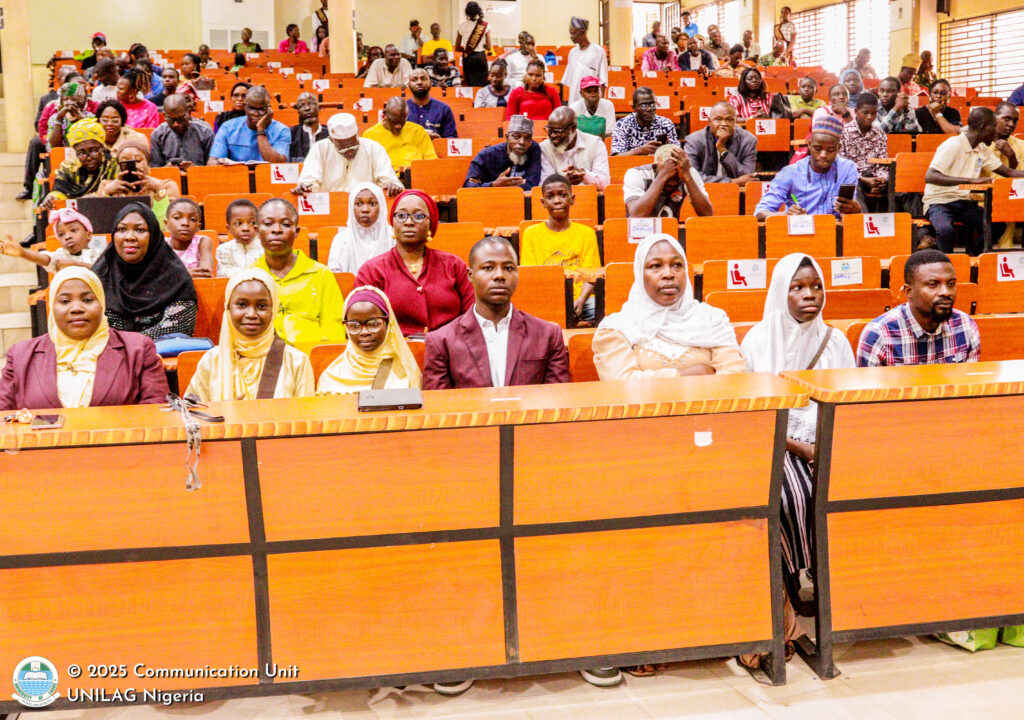
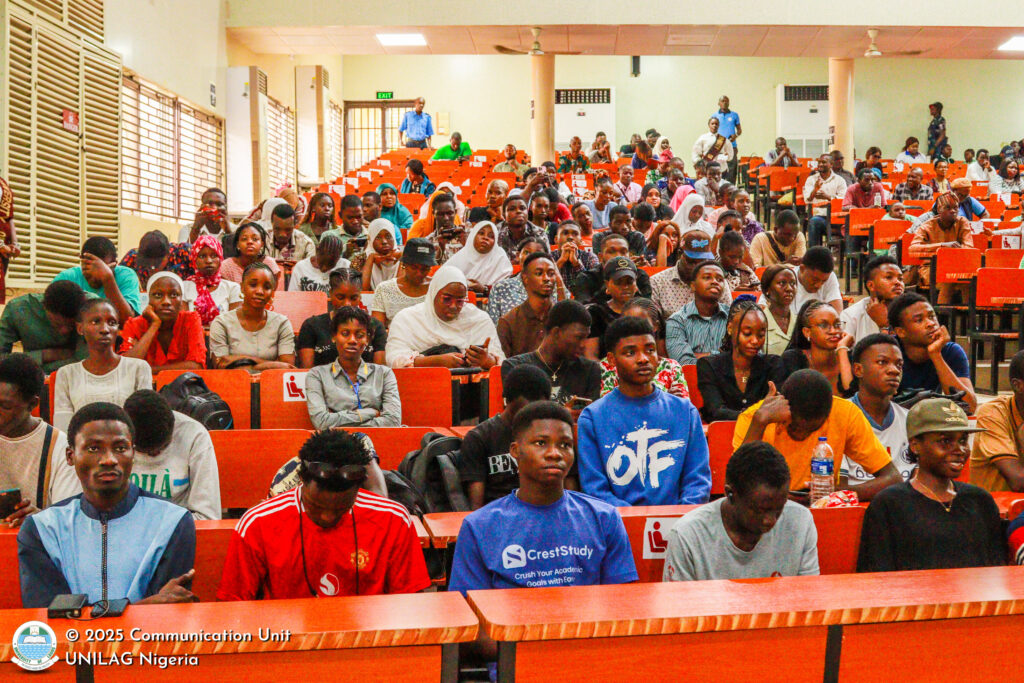
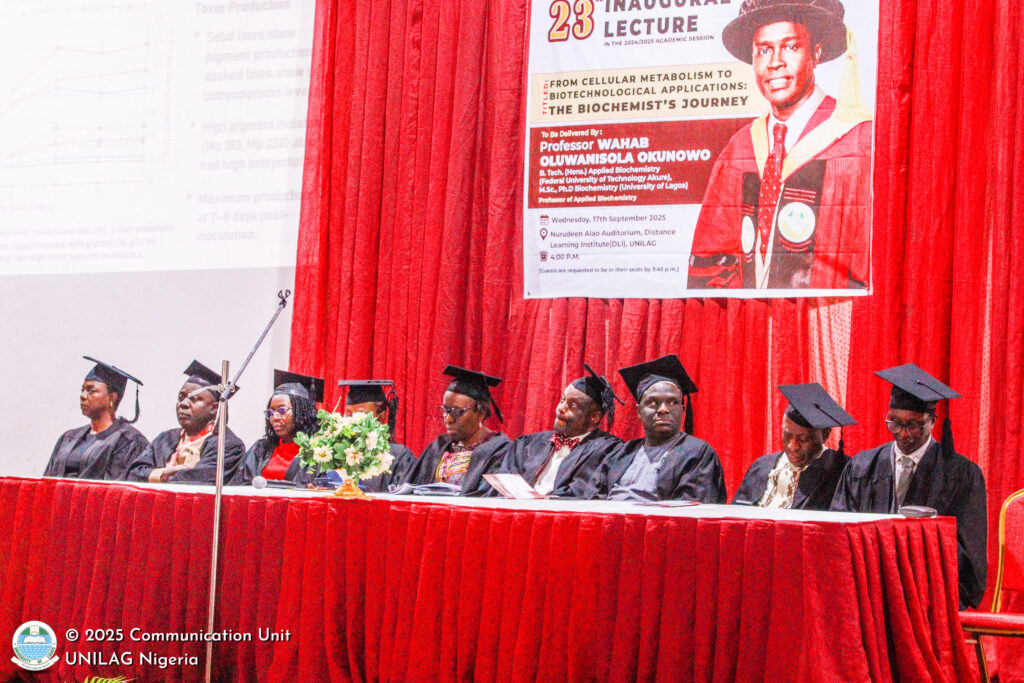
Sharing his journey which began at the cellular level and expanded into the vast landscape of biotechnology, Prof. Okunowo highlighted his commitment to solving real-world problems through sustainable science. Through his research works, he exemplified how biochemistry can drive innovation, improve public health, and support environmental resilience.
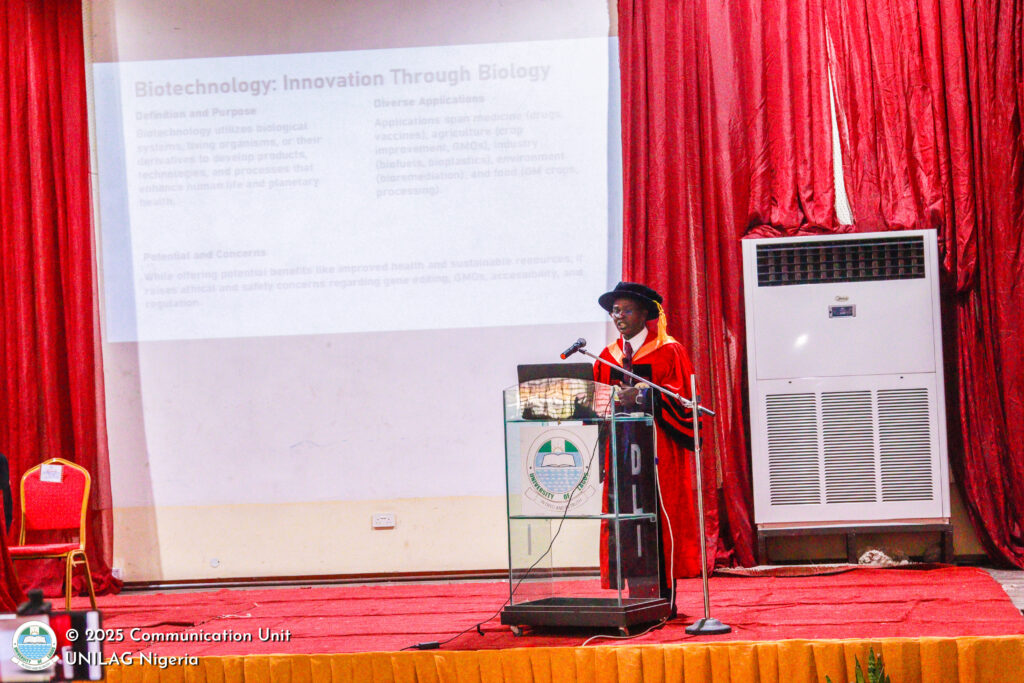
The renowned professor, whose research contributions span plant pathology, microbial metabolomics, natural product pharmacology, and public health genetics, revealed:
- The insecticidal power of orange peel oil, rich in natural compounds, as a safer alternative to synthetic pesticides. An innovation that could transform food security.
- The antimicrobial potential of grapefruit peels and marine algae, showcasing the therapeutic promise of local natural resources.
- His work on soybean diseases and its impact in the development of low-cost toxin detection methods and identification of genetic factors behind red leaf blotch, paving the way for disease-resistant crops.
- His study on the USF1 gene which uncovered a variant that may protect against hyperlipidemia in Nigerians – advancing precision medicine tailored to the African population.
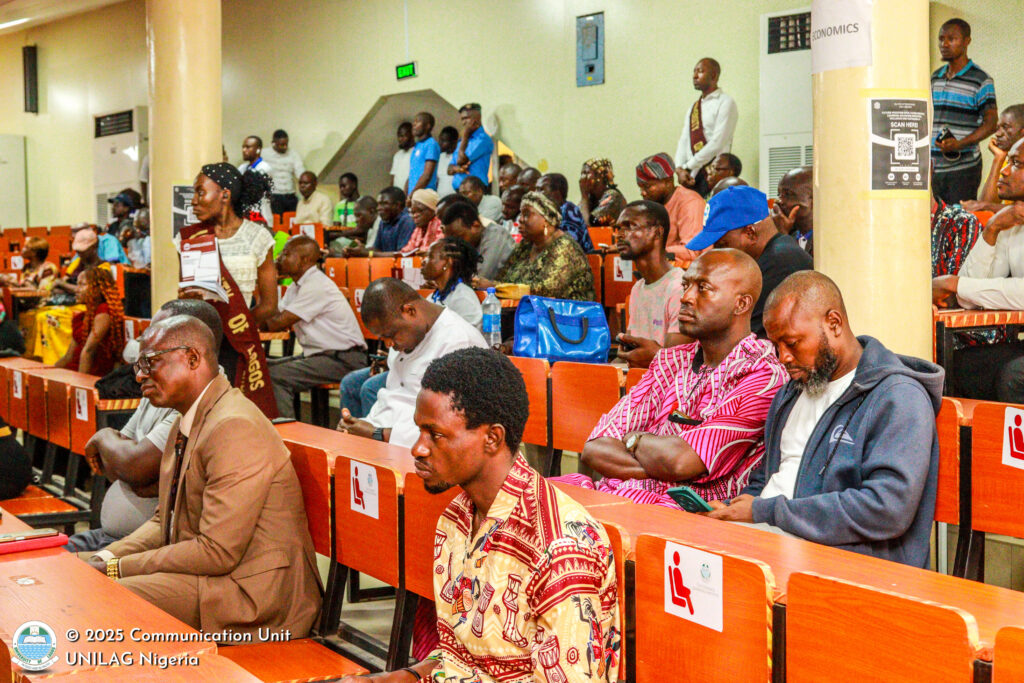
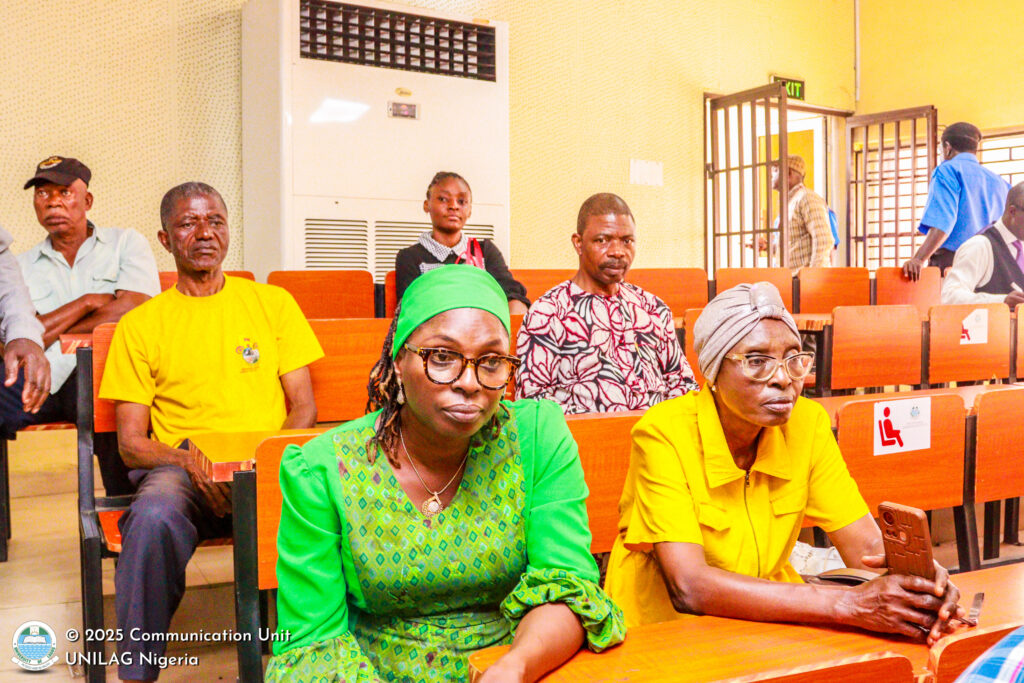
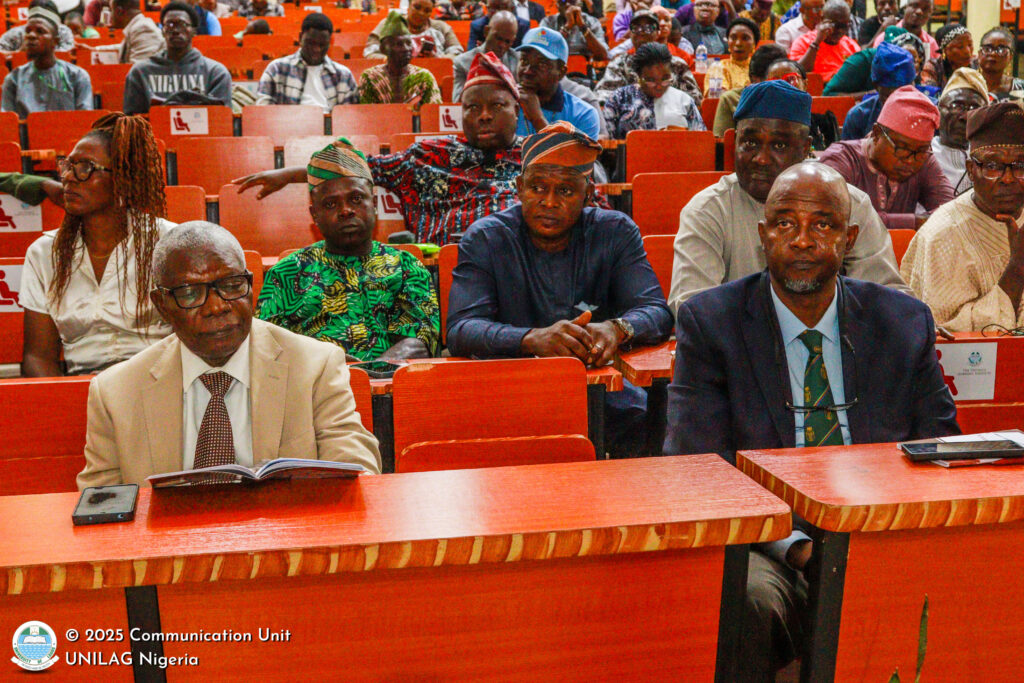
Professor Okunowo concluded his lecture with recommendations which stressed the need for:
- Increased Government-University-Industry collaboration to foster research, policy formulation, food security and overall wellbeing of the nation.
- Establishment of Plant Health Clinics by universities, to serve as hubs for farmers to get information and guidance to mitigate food loss caused by pests and diseases.
- Public Awareness on the dangers of using chemical agents in food processing and preservation.
About Professor Wahab Oluwanisola Okunowo
Professor Wahab Oluwanisola Okunowo was born on March 28, 1975. He joined the services of the Department of Biochemistry, University of Lagos as Graduate Assistant in 2003, and became Professor of Applied Biochemistry in 2021. His research focus spans microbial biotechnology, mycotoxin control, plant-derived insecticides, probiotic development, and cancer biomarkers.
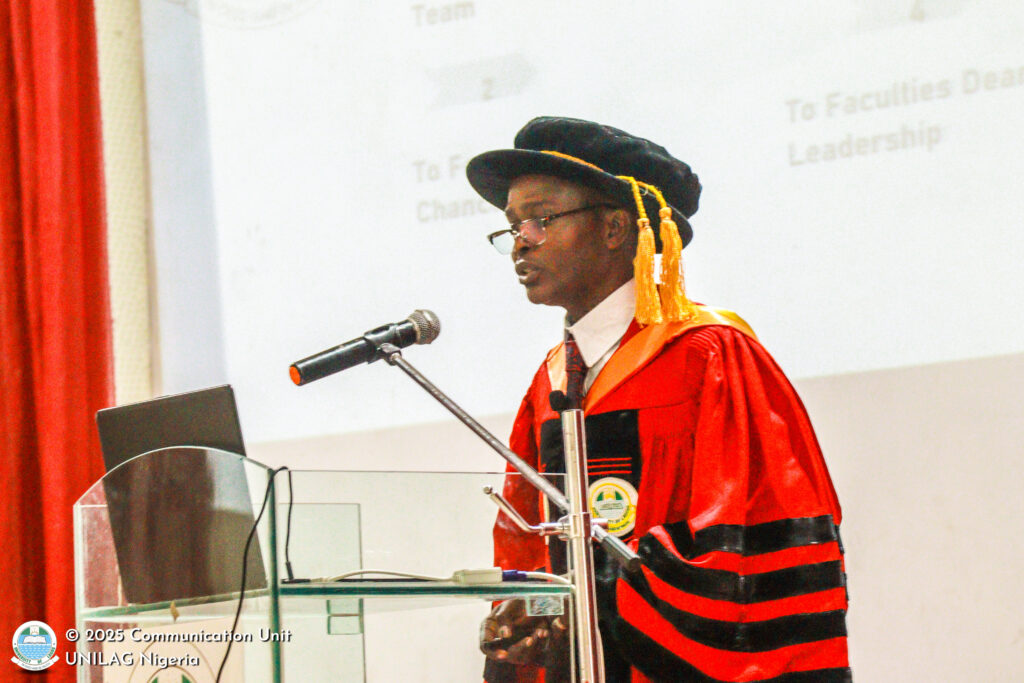
With over twenty (20) years of academic, research, and leadership experience, Professor Okunowo is currently the Head of the Department of Biochemistry, where he has also served as Acting Head (2020–2022).
Outside the University, Professor Okunowo is a reviewer of African Journal of Biotechnology, American Journal of Plant Science, British Biotechnology Journal, Food Journal of Biochemistry and International Journal of Biological and Chemical Sciences.
He has won several grants, awards and fellowships from the United States Department of Agriculture, National Cancer Institute of the National Institutes of Health and Control Cancer Initiative Nigeria (CCIN), among others.
Prof. Okunowo is a member of Nigerian Society of Biochemistry and Molecular Biology; American Society of Biochemistry and Molecular Biology, American Phytopathological Society and International Society for Computational Biology.
He is married and blessed with children.
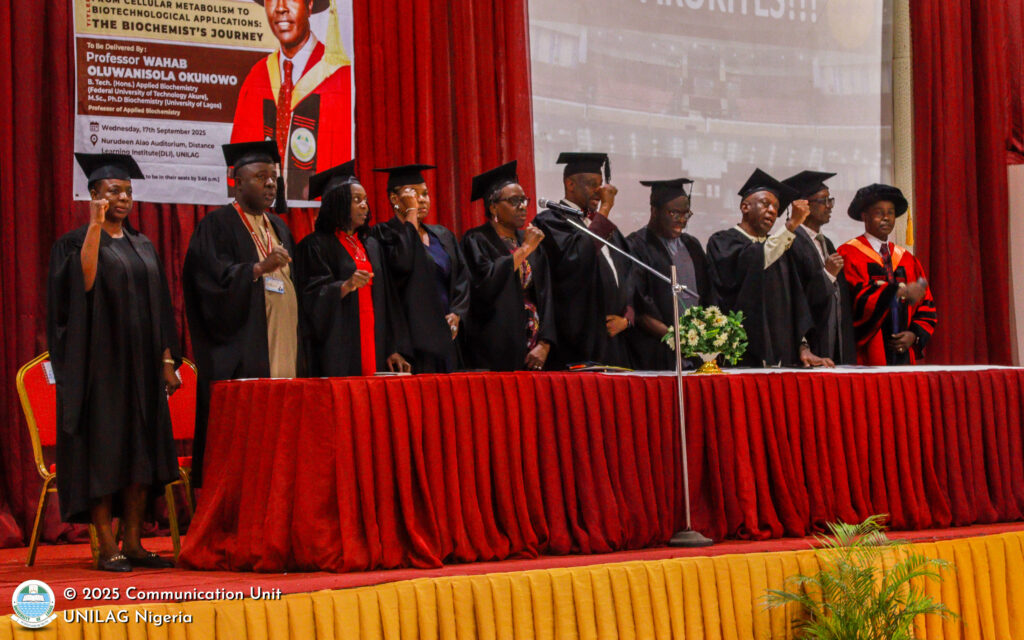
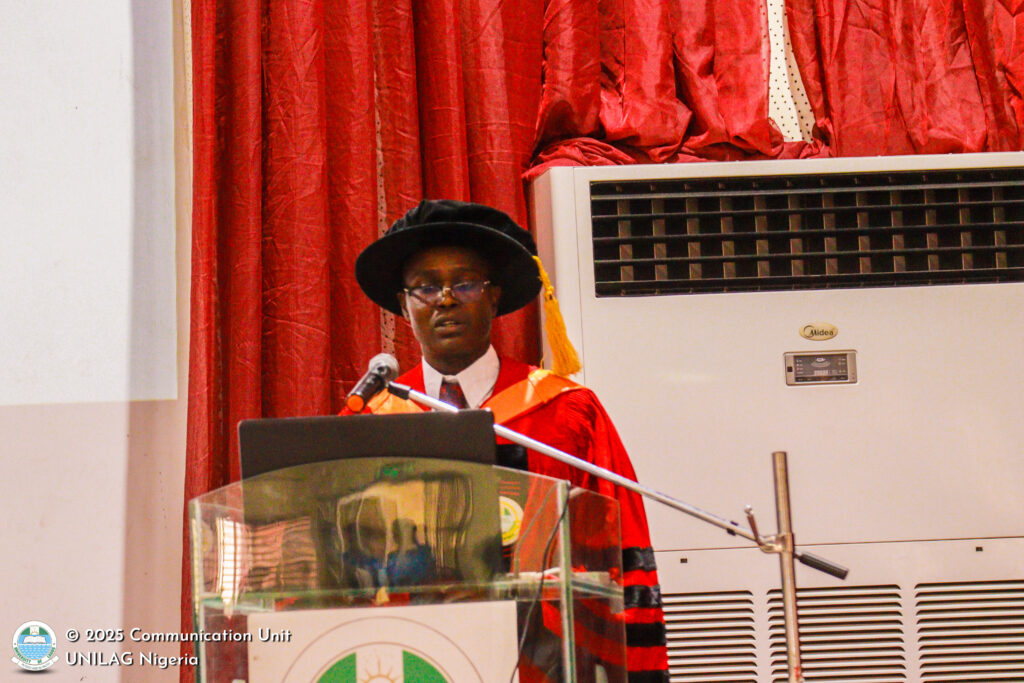
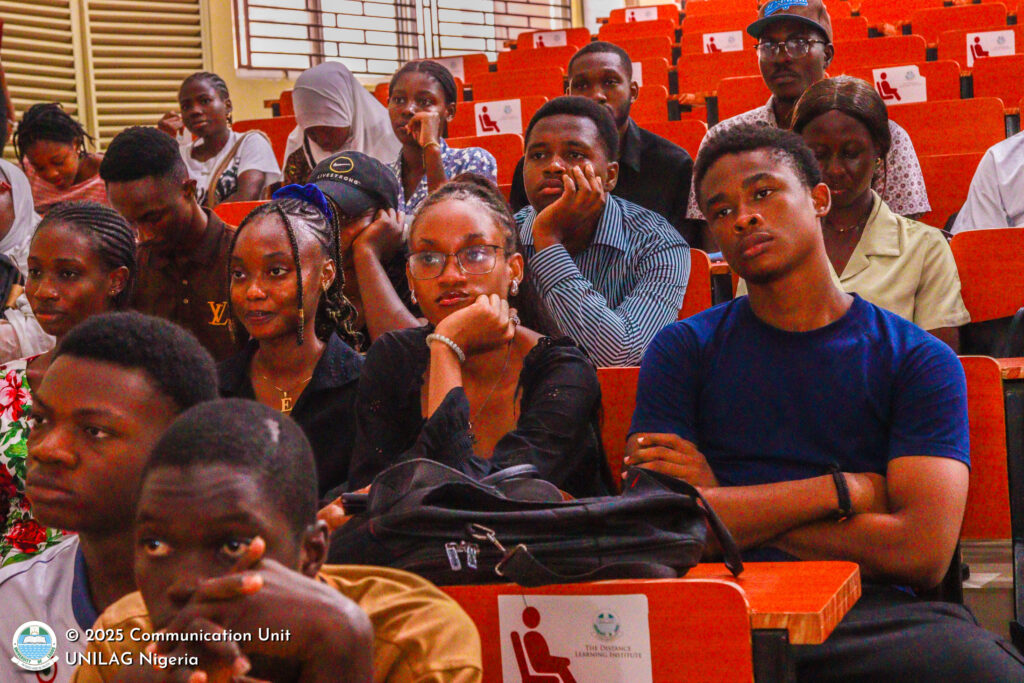
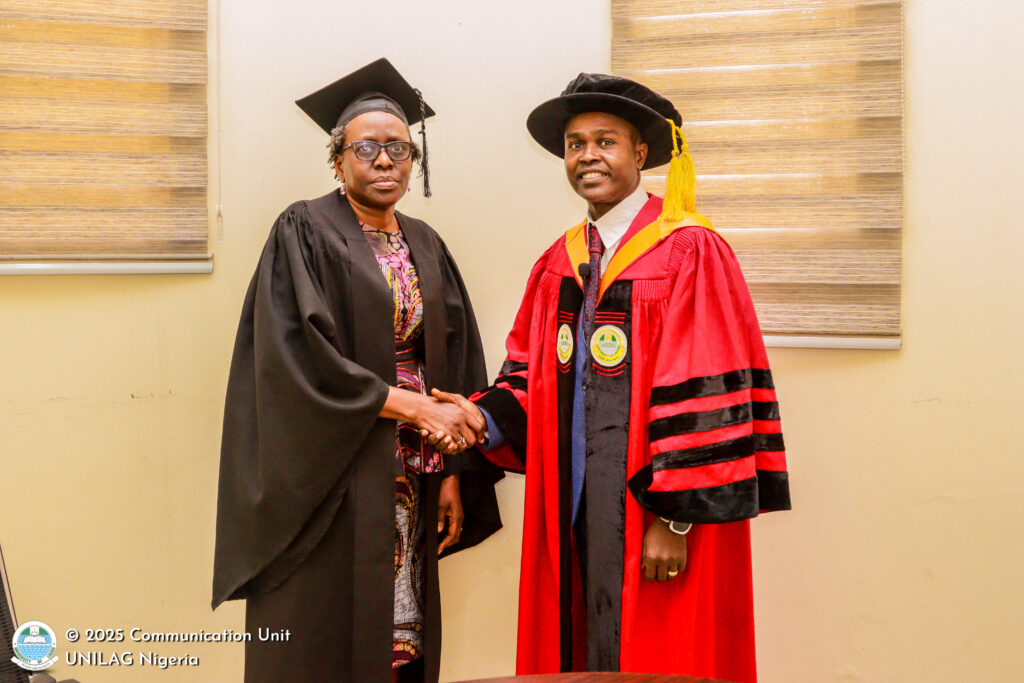
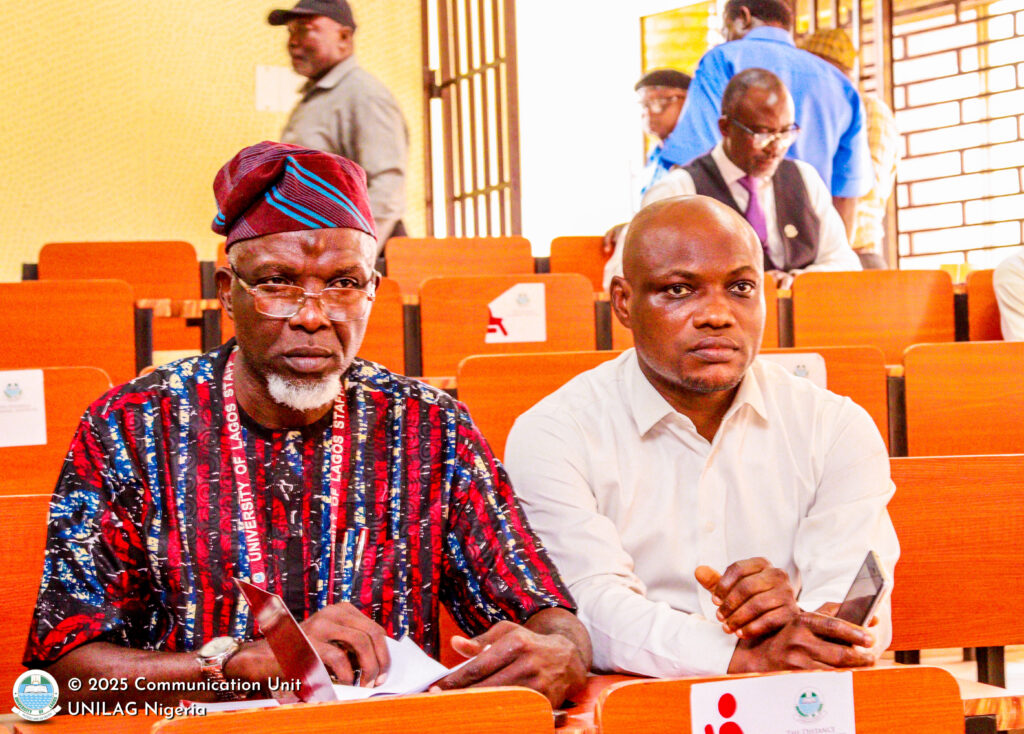
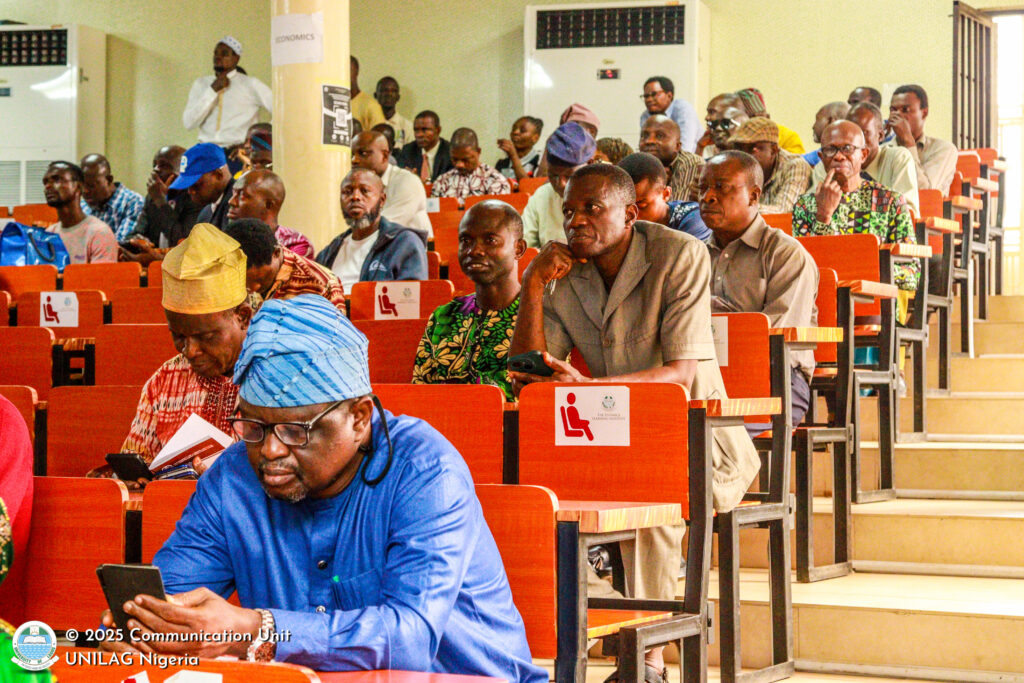
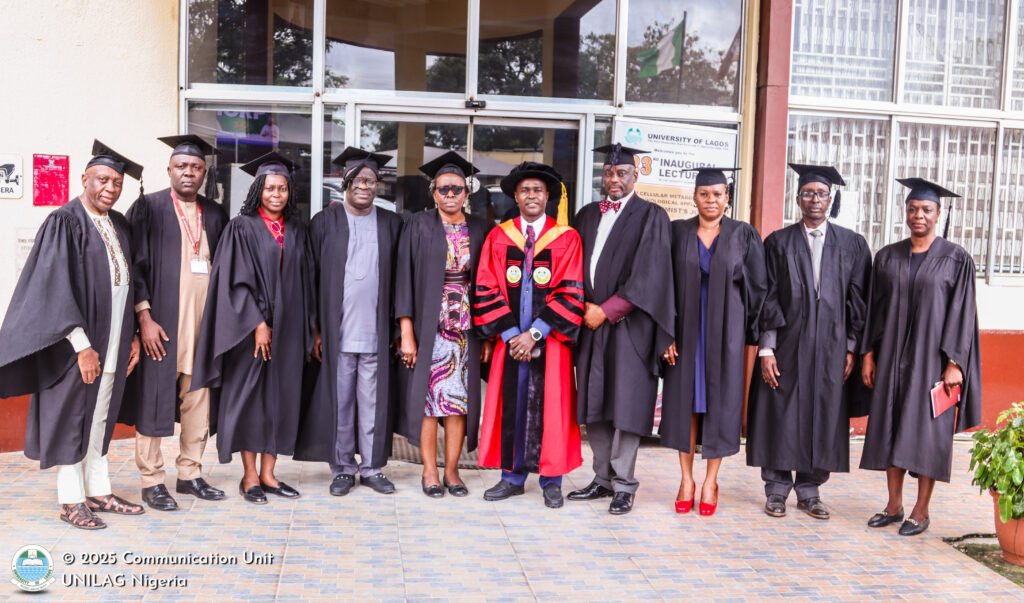
Author: Ndidi J. Odinikaeze
Editor: Adejoke Alaga-Ibraheem
Photographs: Joshua Michael

